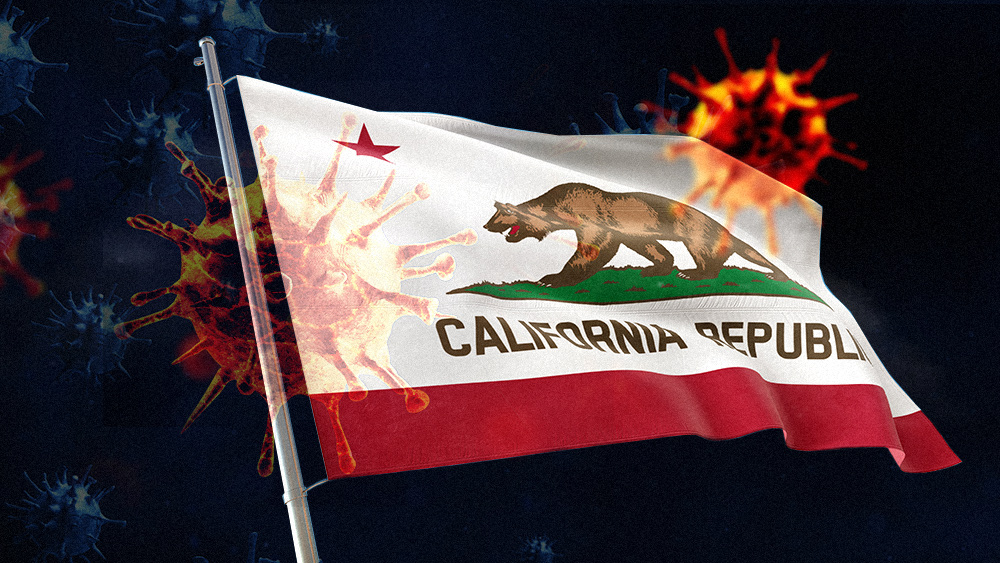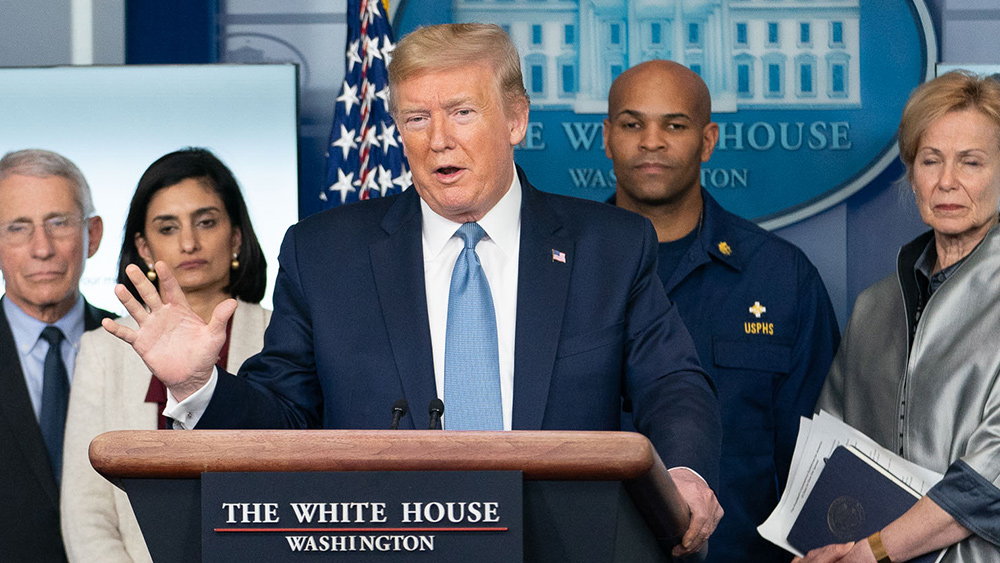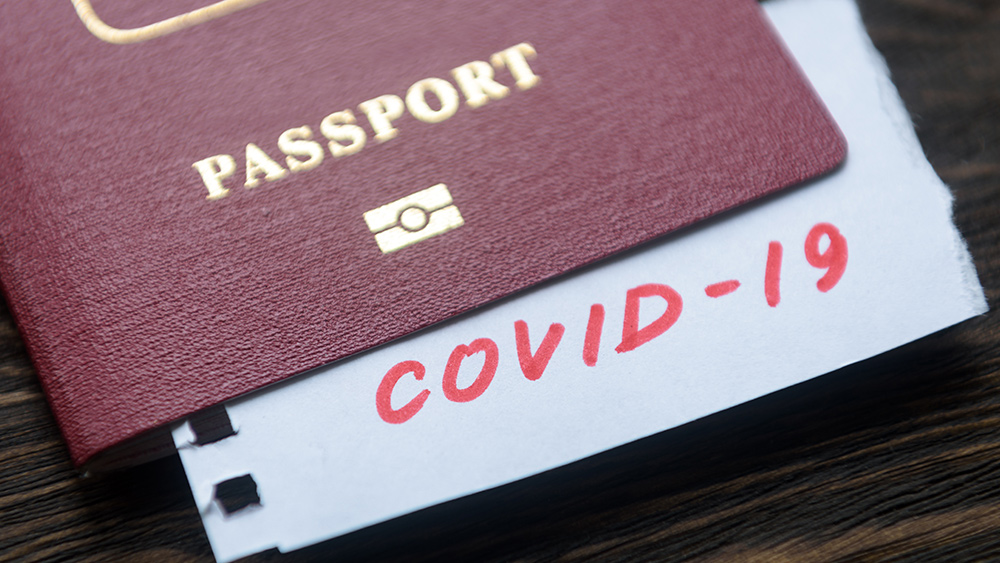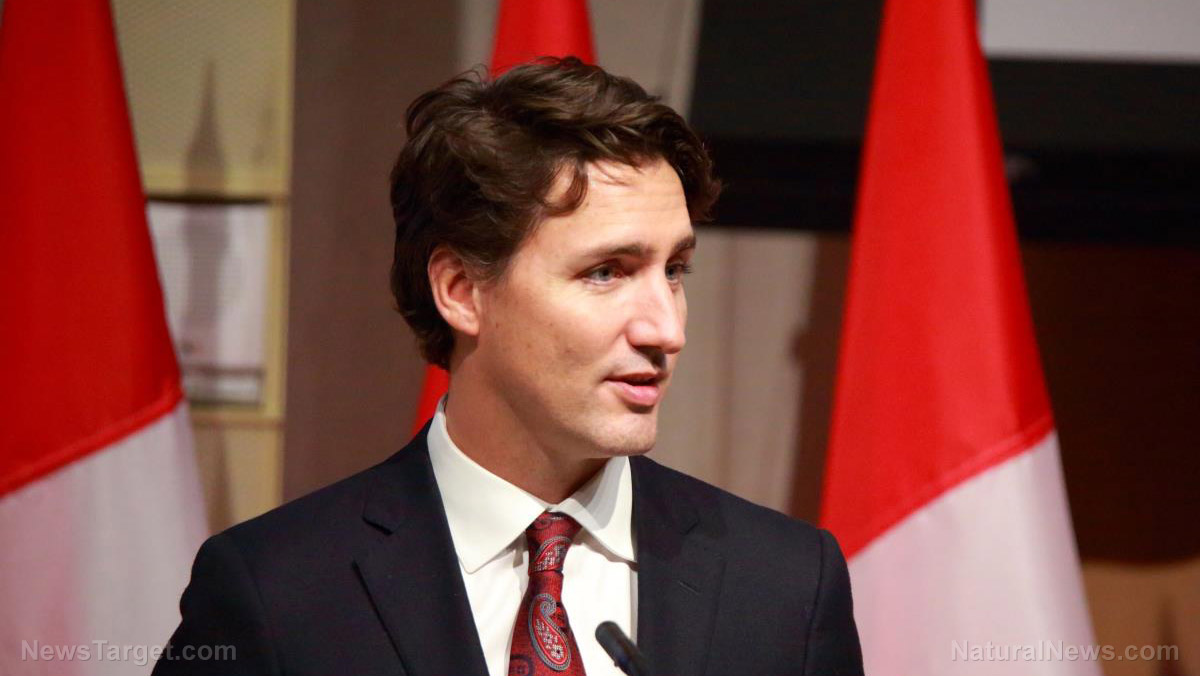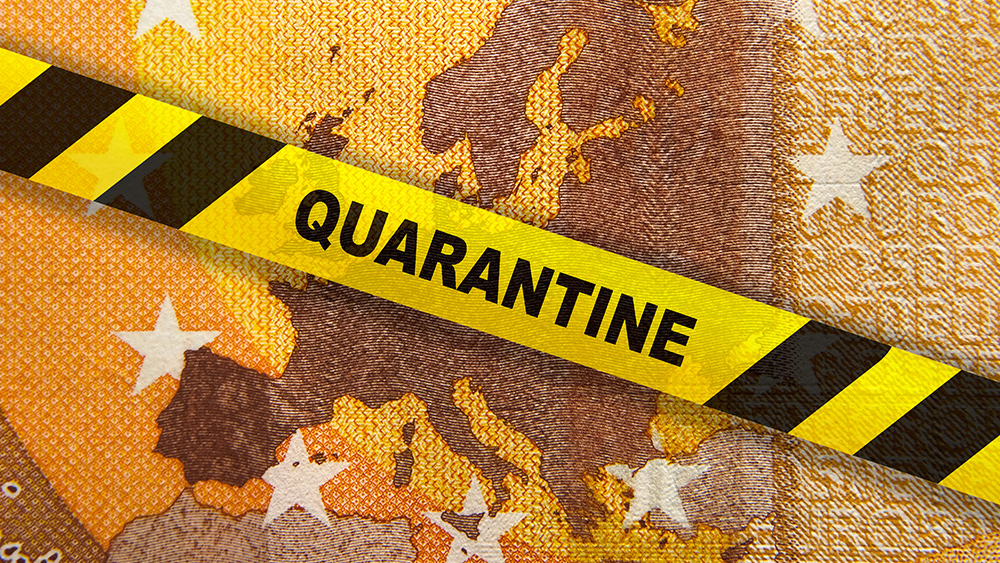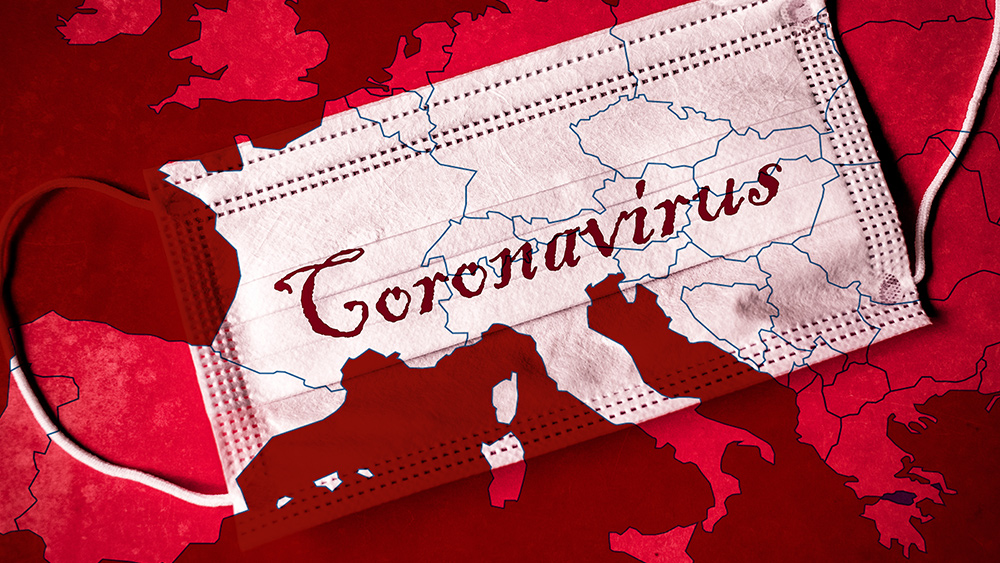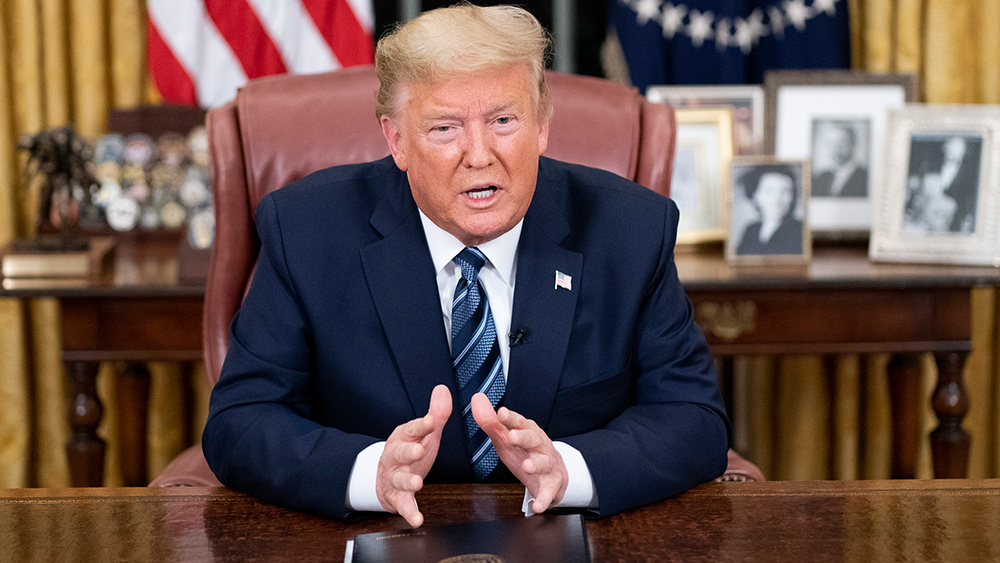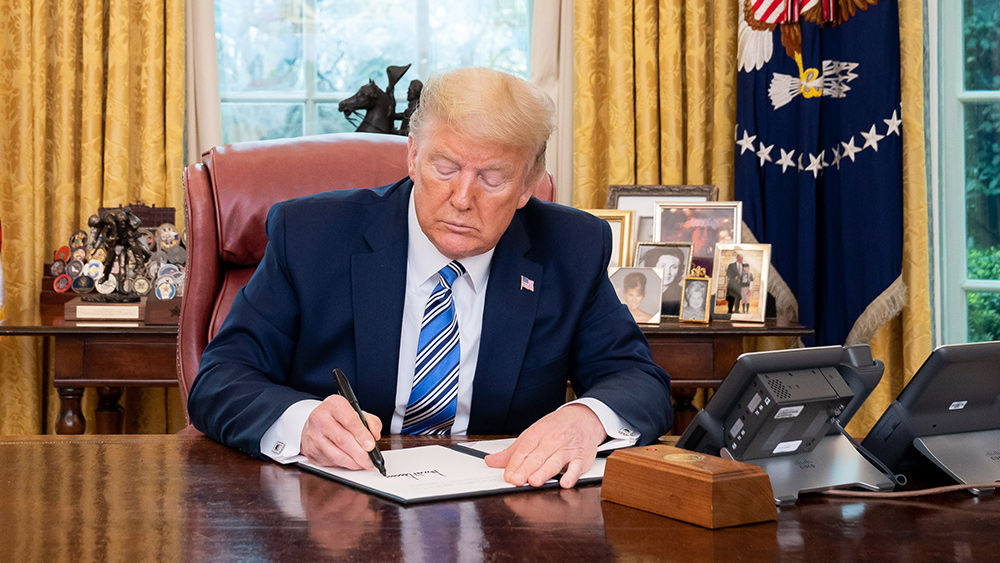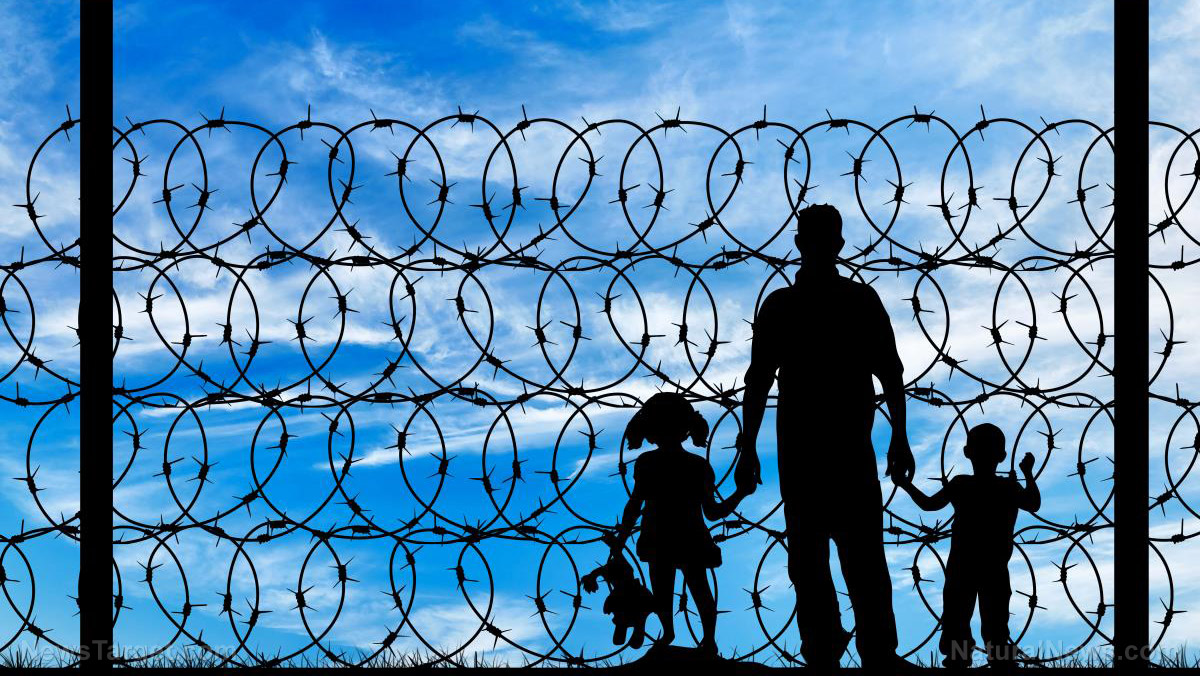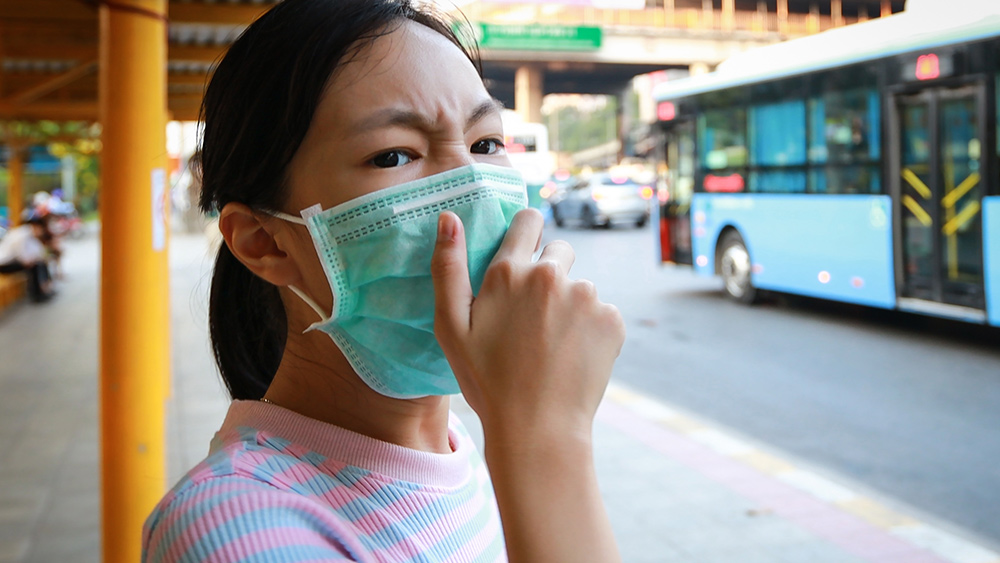McDonald’s in China comes under fire after restaurant bans black people
04/16/2020 / By Isabelle Z.
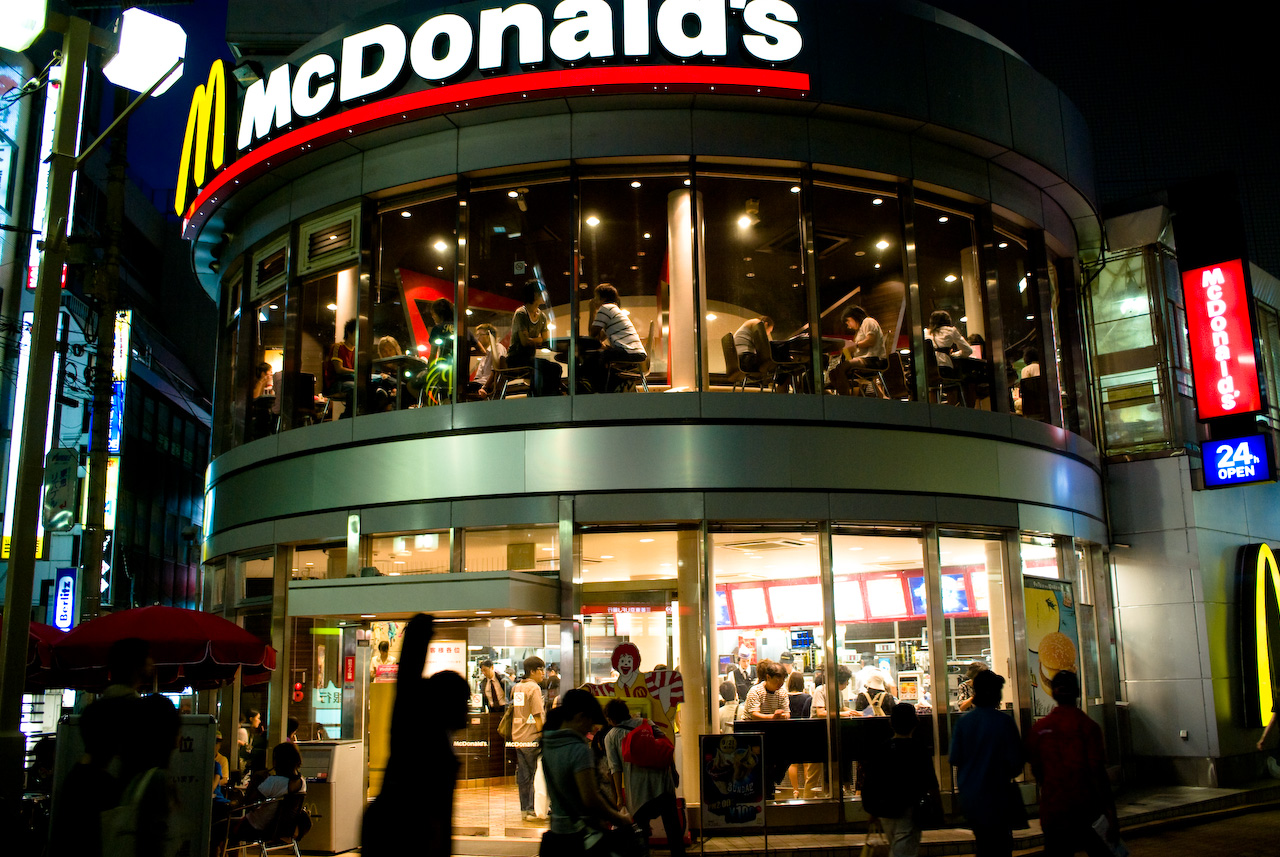
McDonald’s has come under fire in China after one of its locations there posted a sign on the door stating that black people are not allowed to enter.
The restaurant in question is situated in the southern city of Guangzhou, where tensions have been on the rise between police and Africans since a COVID-19 cluster was announced in a migrant neighborhood there.
The sign stated: “We’ve been informed that from now on black people are not allowed to enter the restaurant. Please understand the inconvenience caused.”
Photos of the sign were shared online and quickly went viral, sparking outrage around the world.
It has since been removed and the restaurant was shut down temporarily, according to a McDonald’s representative, who categorized the sign as an “unauthorized communication to our guests.” The company has stated that the sign does not represent their “inclusive values” and that the branch’s staff is being placed in values training.
Guangzhou has the biggest population of African migrants in the entire Asian continent and is considered a hub for African traders who are buying and selling goods, but it’s hard to say precisely how large the population is as many of the Africans working there go back and forth on short-term business visas. Roughly 320,000 Africans entered or left the country through Guangzhou in 2017.
So far, 111 African nationals in the city have tested positive for coronavirus, and black people living there have been subjected to mandatory testing and quarantines – even if they haven’t traveled to other places. Health workers are said to be going door to door testing Africans for the virus regardless of whether or not they have had any symptoms or contact with confirmed cases.
There have also been reports of discrimination not only at restaurants but also hotels and other public places. Some Africans have been evicted from their homes by their landlords, and videos online have shown Africans there sleeping on the street, outside police stations, and under bridges.
Tensions rising over China’s treatment of African migrants
The problem is causing diplomatic rows, with envoys and ambassadors from more than a dozen African countries meeting with China’s assistant foreign minister, Chen Xiaodong, to try to reach a solution. Xiaodong claimed at the meeting that the government of Guangdong is trying to improve the situation and act in a non-discriminatory way.
The U.S. Consulate General there has advised Americans to avoid the area entirely on account of the targeted crackdown. The U.S. has accused Chinese authorities of displaying xenophobia toward people from Africa, while Beijing has accused America of using the spat for political gain to cause tensions between Africa and China.
McDonald’s suffering on several fronts in coronavirus wake
McDonald’s, meanwhile, has entered into damage control mode as they try to save their reputation and turn around their fortunes in the wake of coronavirus.
Last week, the company reported that sales at its restaurants that had been open for at least one year had dropped by more than 22 percent in March thanks to coronavirus, with a 35 percent drop in the company’s internationally operated markets.
Although 75 percent of their restaurants around the world are currently operating, all restaurants are fully closed in France, Italy, Spain and the UK. Open locations elsewhere are shifting their focus to drive-through, takeout and delivery.
Meanwhile, a localized outbreak involving at least a dozen people has been linked to two McDonald’s locations in Kona, Hawaii. Those who tested positive have been a mix of employees and their family members. Workers at other McDonald’ locations in Illinois, Connecticut and California have also tested positive for the virus.
Sources for this article include:
Tagged Under: Africans, China, coronavirus, covid-19, McDonald's, migrants, pandemic, Politically Incorrect, racism
RECENT NEWS & ARTICLES
COPYRIGHT © 2018 OPENBORDERS.NEWS
All content posted on this site is protected under Free Speech. OpenBorders.news is not responsible for content written by contributing authors. The information on this site is provided for educational and entertainment purposes only. It is not intended as a substitute for professional advice of any kind. OpenBorders.news assumes no responsibility for the use or misuse of this material. All trademarks, registered trademarks and service marks mentioned on this site are the property of their respective owners.

